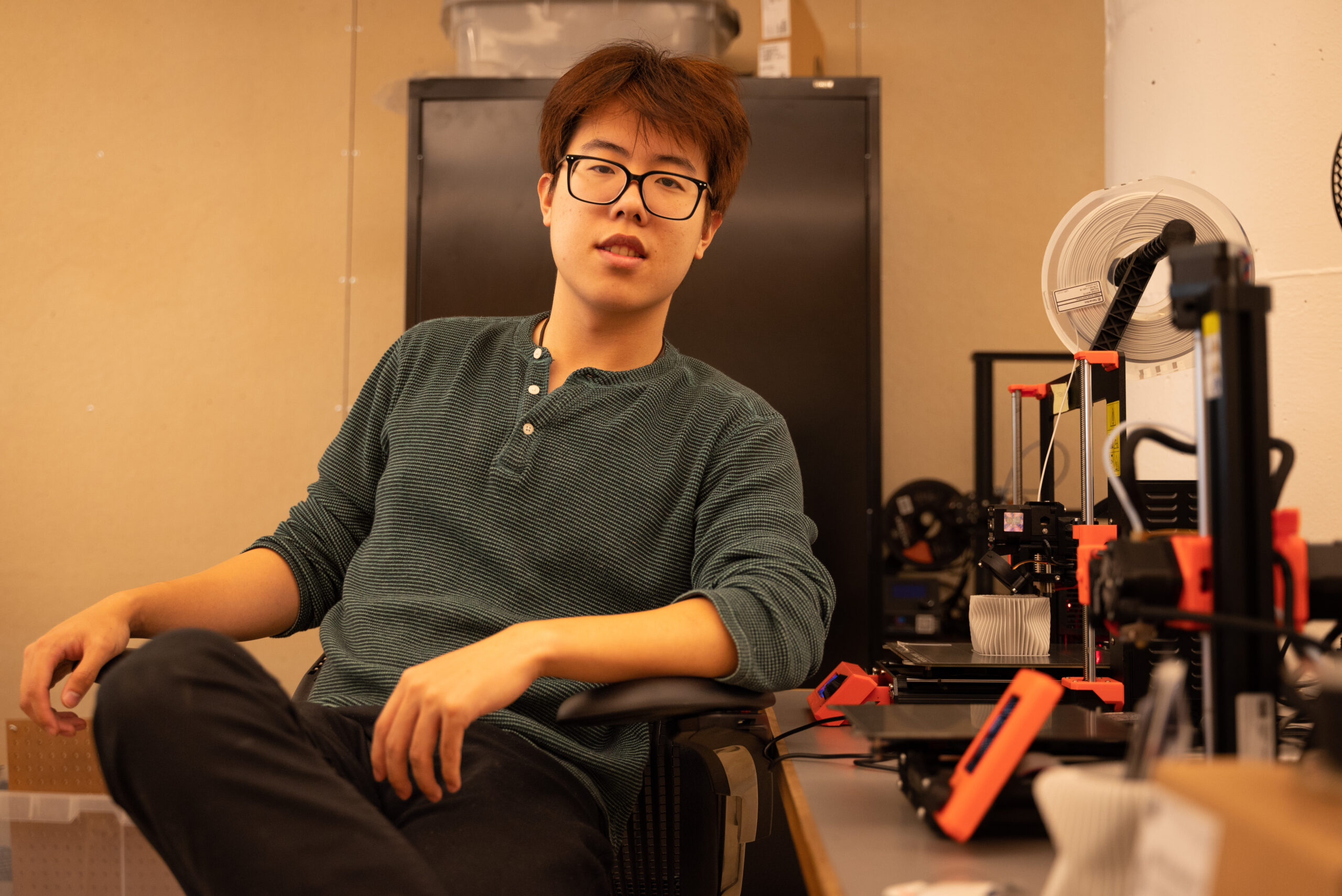Like many people who work with robots, Yihang (Edward) Xu, BID ’25, got his start with Legos. He joined a Lego robotics club at school in Dalian, China, and learned the basics of construction and programming, eventually progressing to more complex projects.
When his family moved to Vancouver, he started teaching younger students about robotics and used Legos, which has a dedicated robotics program, as an entry point. He learned that he could spark an enduring interest by showing them cool robotic tricks on the first day of class.
“Once they fall in love with it, they just learn by themselves,” Xu said. “It’s amazing how fast the kids pick things up.”
Xu experienced a similar sense of epiphany after attending Pratt’s PreCollege program in high school. In an industrial design class, he was asked to come up with 20 different designs for a coffee maker, which seemed baffling at first.
“The professor said, ‘this is how we work, we just keep iterating things and come up with different ideas and not all of your ideas will be good ideas. Only a few of your many designs will be good,’” Xu said. “That was really my introduction to industrial design.”
Similar exercises opened his mind to design’s creative possibilities. He applied to and enrolled in Pratt’s undergraduate Industrial Design program and he’s currently working on final projects that address specific impacts of the COVID-19 pandemic, including a redesign of an ice pack and a travel trailer with a hydroponic farm. His robotics background has helped him approach product designs from a more holistic perspective, considering everything from ideation to engineering and construction.
“I’m interested in developing very complex medical devices that are easy to use for patients and doctors,” he said.

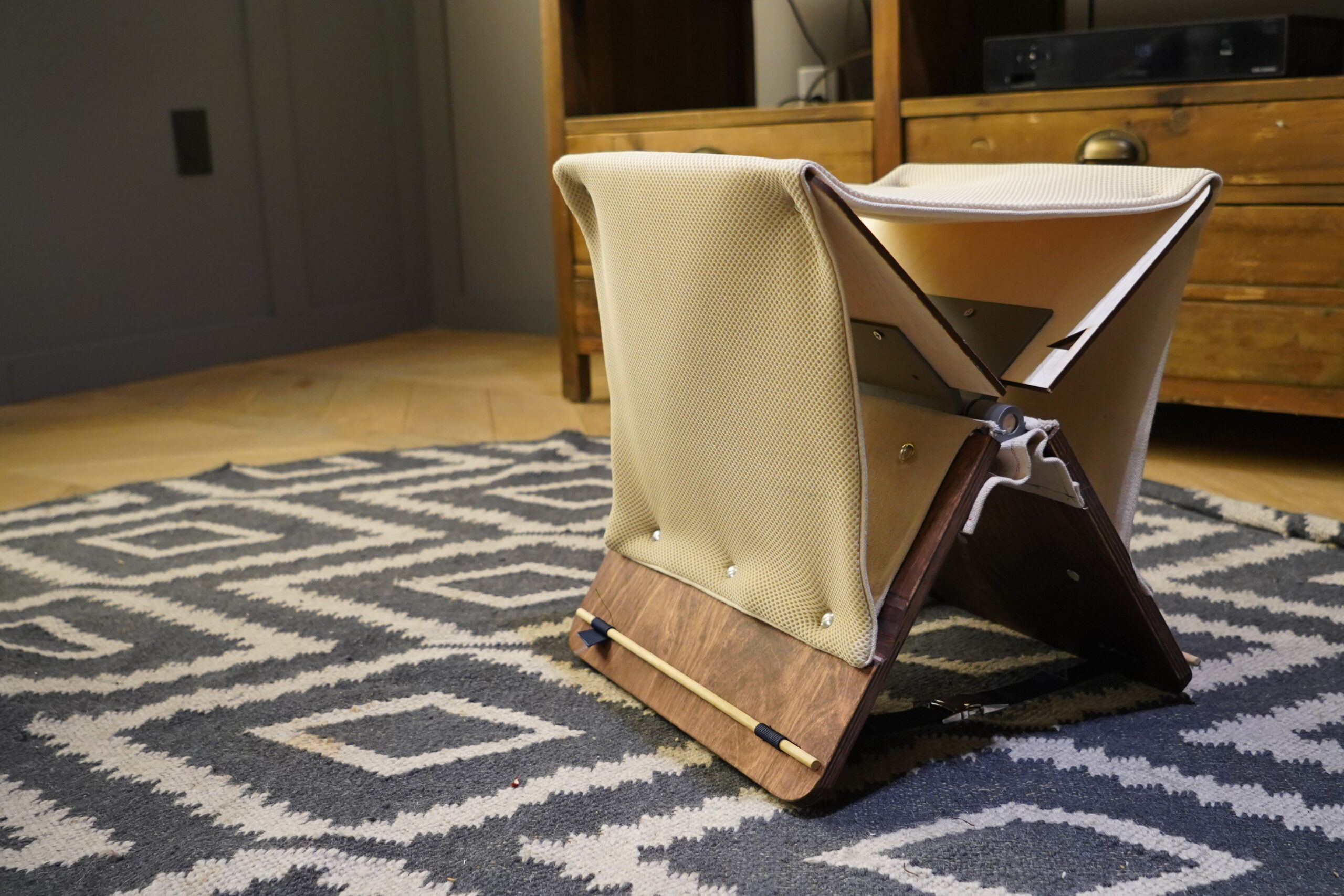
The desire to simplify complexity has been a through line for Xu, who has found ways to continue teaching robotics by working as a teacher’s assistant with Pratt’s Science and Technology Entry Program (STEP), which is led by Megan Aebi, director of programs for Pratt’s STEP initiative. As part of this role, Xu co-leads the robotics club at the Benjamin Banneker Academy for Community Development, provides robotics repair and educational support to local schools, and runs STEP’s 3D printing lab in the Research Yard at the Brooklyn Navy Yard.
“Throughout the year, we experiment with different printing techniques with the students and show them the basics of robotics,” Xu said. “For one exercise, the students built miniature chariots and had a race. The winner received a trophy that we 3D printed.”
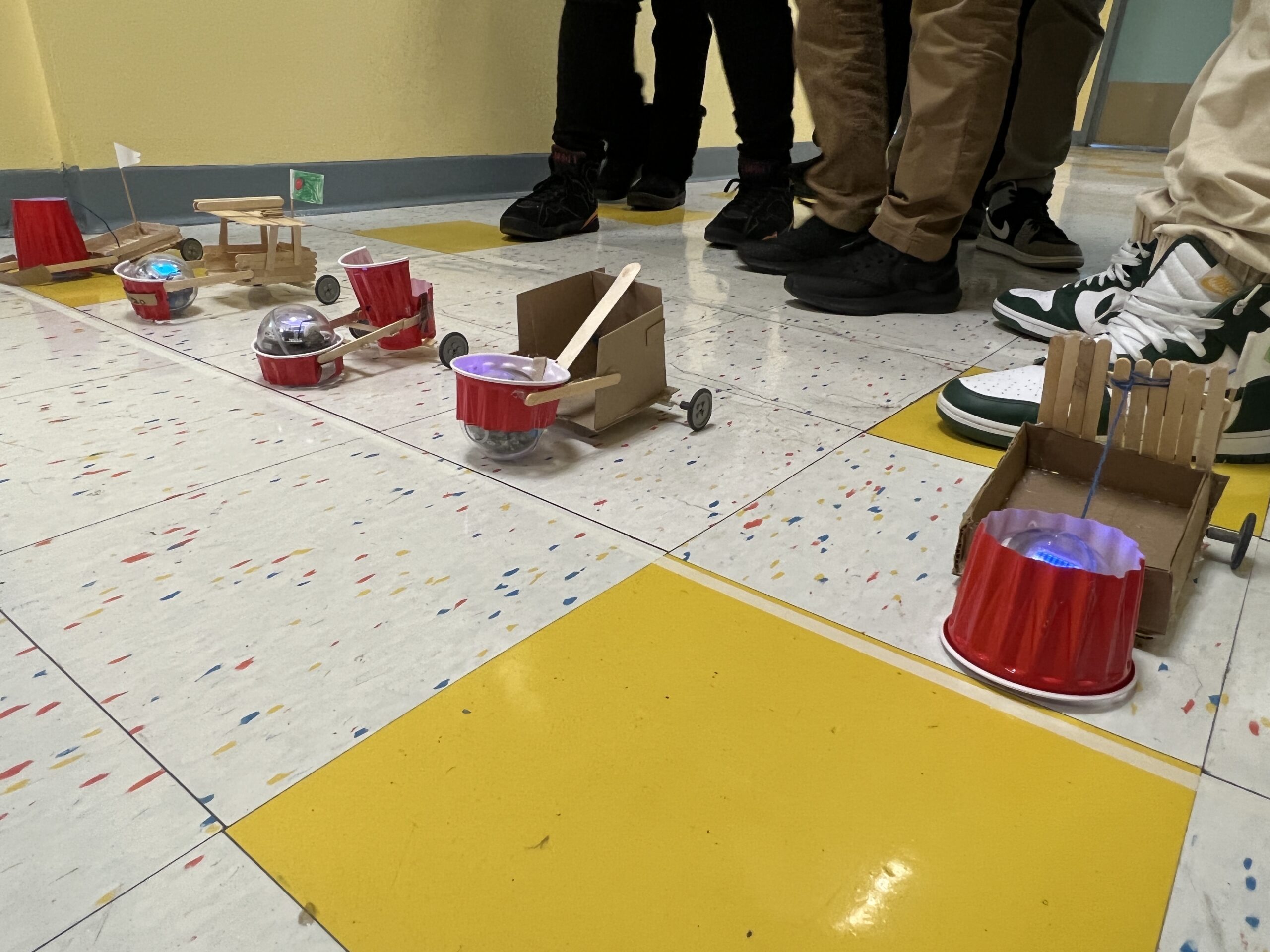
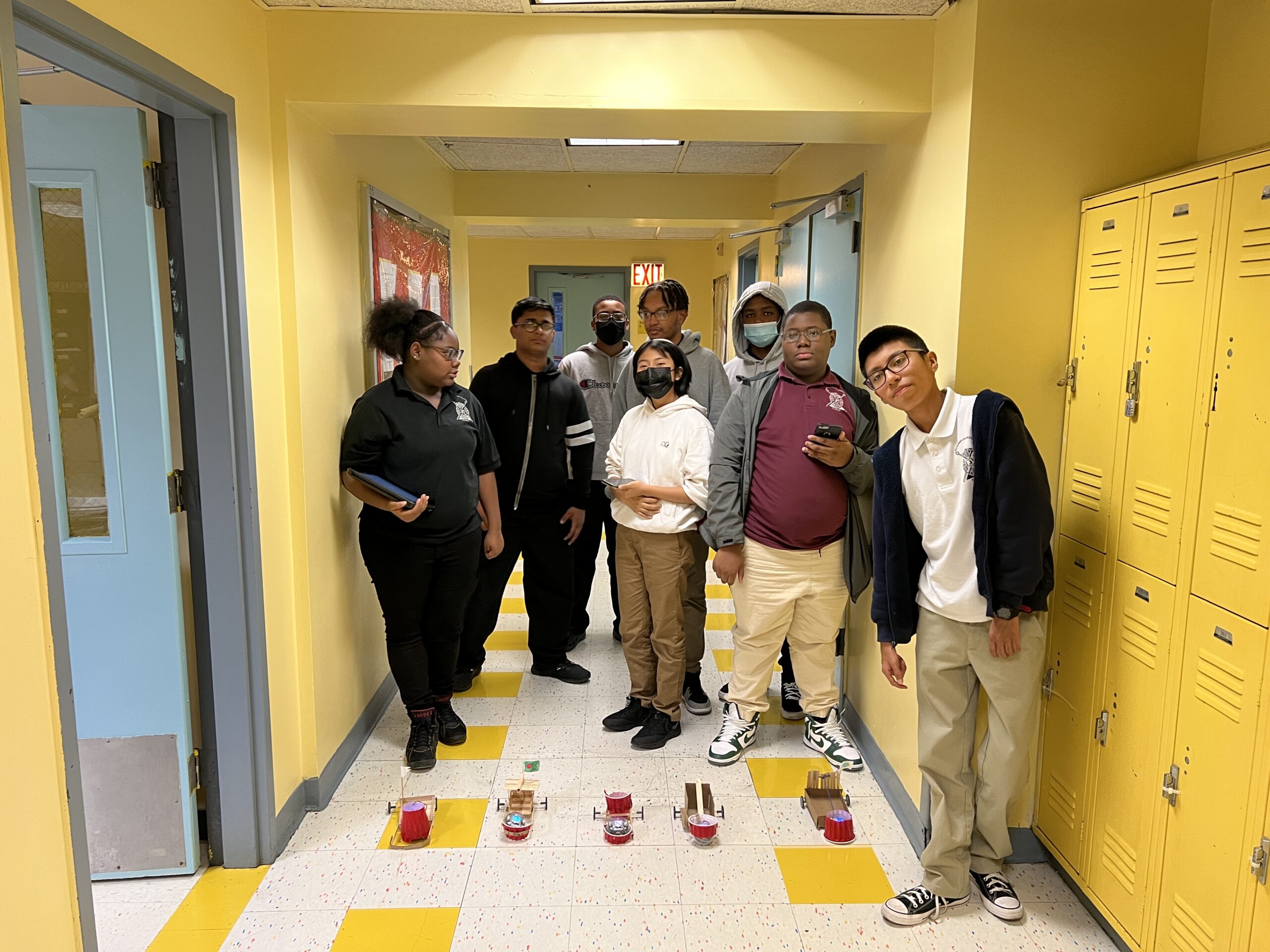
STEP operates under the Center for Art, Design, and Community Engagement K-12, which seeks to increase access to instruction in art and design for children throughout Brooklyn by leveraging the resources and expertise of Pratt to support school-age children, city-wide public schools, and youth-serving organizations. The Center K-12 organizes numerous programs to bring design, art, and architecture education to more than 1,200 students annually.
Aebi and her team of four TAs bring STEM education to roughly 240 K-12 students in around 6 Brooklyn schools and community sites every year, developing classes and clubs on biomimicry, 3D printing, architectural modeling, moon landing exercises, and more.
STEP usually works with each group of students for 10 weeks a semester, or about 20 weeks during the academic year, and students can also sign up for a six-week summer program. Students from the Banneker Academy are often in Xu’s robotics club for multiple years during high school, which allows him to provide one-on-one guidance and mentorship as they learn the art and science of robotics.
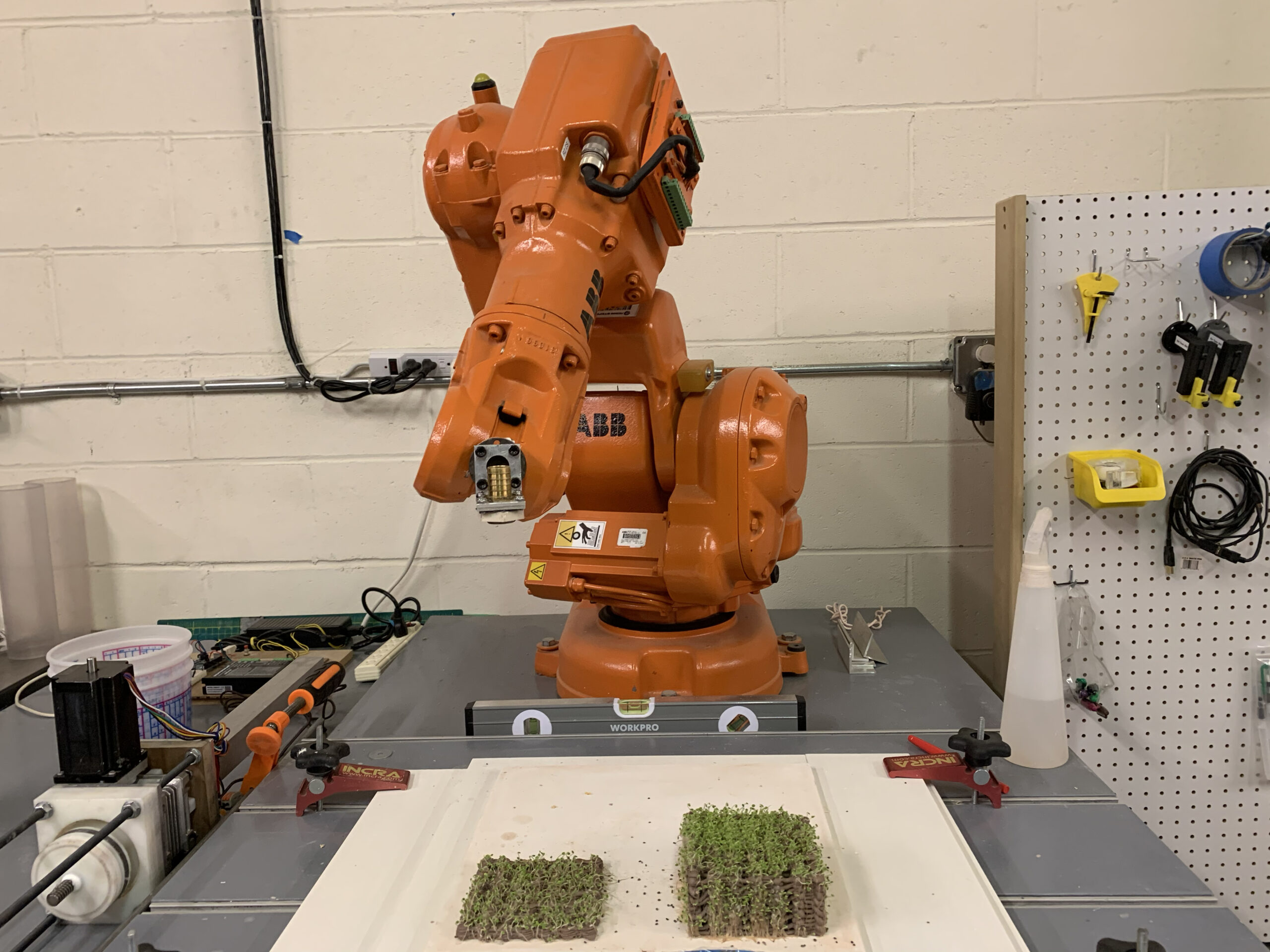
“What makes Edward so exceptional is his willingness to creatively meet each student where they are at and provide them with the support to grow academically,” Aebi said. “He never backs down from a challenge and is always looking for a new opportunity to learn. This next semester, he will be helping to organize and run a spring camp for high school scholars interested in Industrial Design, passing on some of the knowledge he’s gained during his academic career.”
